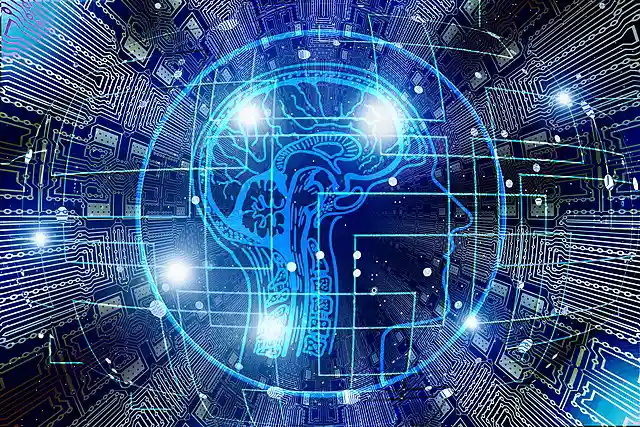Music production is a complex and intricate process that involves several stages, including composition, recording, mixing, and mastering. Each stage requires a unique set of skills and expertise, and the success of a production depends on the quality of each stage. With the advancements in technology, particularly artificial intelligence (AI), the way we produce music has changed significantly. AI has not only made the production process more efficient and accessible, but it has also led to the creation of entirely new sounds and genres of music.
AI in music production involves the use of machine learning algorithms to analyze and manipulate audio data.
These algorithms can perform a wide range of tasks, from identifying and separating individual audio tracks to applying effects and adjusting the mix. AI can also be used to generate entirely new sounds and compositions, giving composers and producers new tools and inspiration to create music.
One of the most significant advantages of AI in music production is its ability to automate repetitive tasks. For example, AI can analyze audio recordings and identify individual tracks, such as drums, guitar, or vocals. It can then separate these tracks and isolate them for further processing. This can save a significant amount of time and effort compared to manually isolating individual tracks.
AI can also be used to apply effects and adjust the mix. For example, it can analyze the audio data and automatically adjust the levels of each track to ensure that they are balanced and optimized for playback. It can also apply effects such as compression, reverb, and delay to individual tracks or the entire mix, giving the music a polished and professional sound.
Another advantage of AI in music production is its ability to generate entirely new sounds and compositions.
This is achieved through a process called generative AI, which involves training an algorithm on a vast amount of music data and then using that data to generate new compositions. This can lead to the creation of entirely new genres of music, such as AI-generated classical music or AI-generated jazz.
However, AI in music production is not without its limitations. One of the biggest limitations is the lack of emotional depth in the music it produces. While AI algorithms can generate technically proficient music, they lack the emotional nuances and subtleties that human musicians can convey. Another limitation is that AI algorithms can only generate music based on pre-existing data, which means that they are not truly creating something entirely new. However, as the technology continues to advance, these limitations are expected to be addressed.

https://pixabay.com/es/illustrations/inteligencia-artificial-cerebro-3382507/
Despite these limitations, AI in music production has already had a significant impact on the music industry.
It has made music production more accessible and democratized the process by allowing anyone to create professional-sounding music without any prior musical training. It has also led to the creation of entirely new sounds and genres of music, expanding the boundaries of what is possible in music production.
In addition to music production, AI technology is also being used in other aspects of the music industry. For example, AI algorithms can analyze streaming data and recommend music to users based on their listening habits. They can also be used to enhance live performances by providing real-time feedback to performers and adjusting the lighting and sound effects to match the mood of the music.
In conclusion, artificial intelligence in music production is revolutionizing the way we create and produce music. While it is not without its limitations, it has already had a significant impact on the music industry, making music production more accessible and leading to the creation of entirely new sounds and genres of music. As the technology continues to advance, we can expect AI in music production to play an even more significant role in the future.